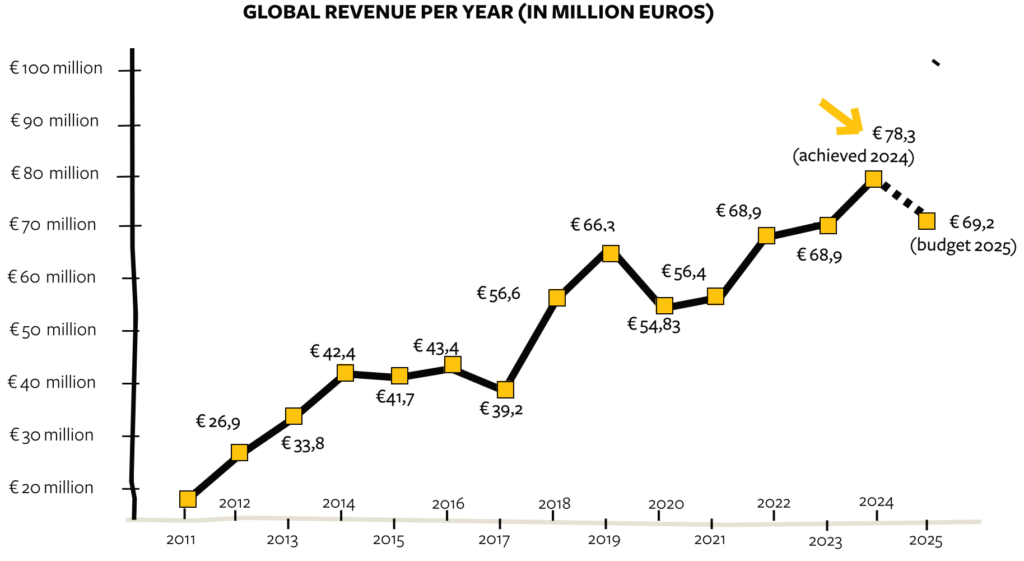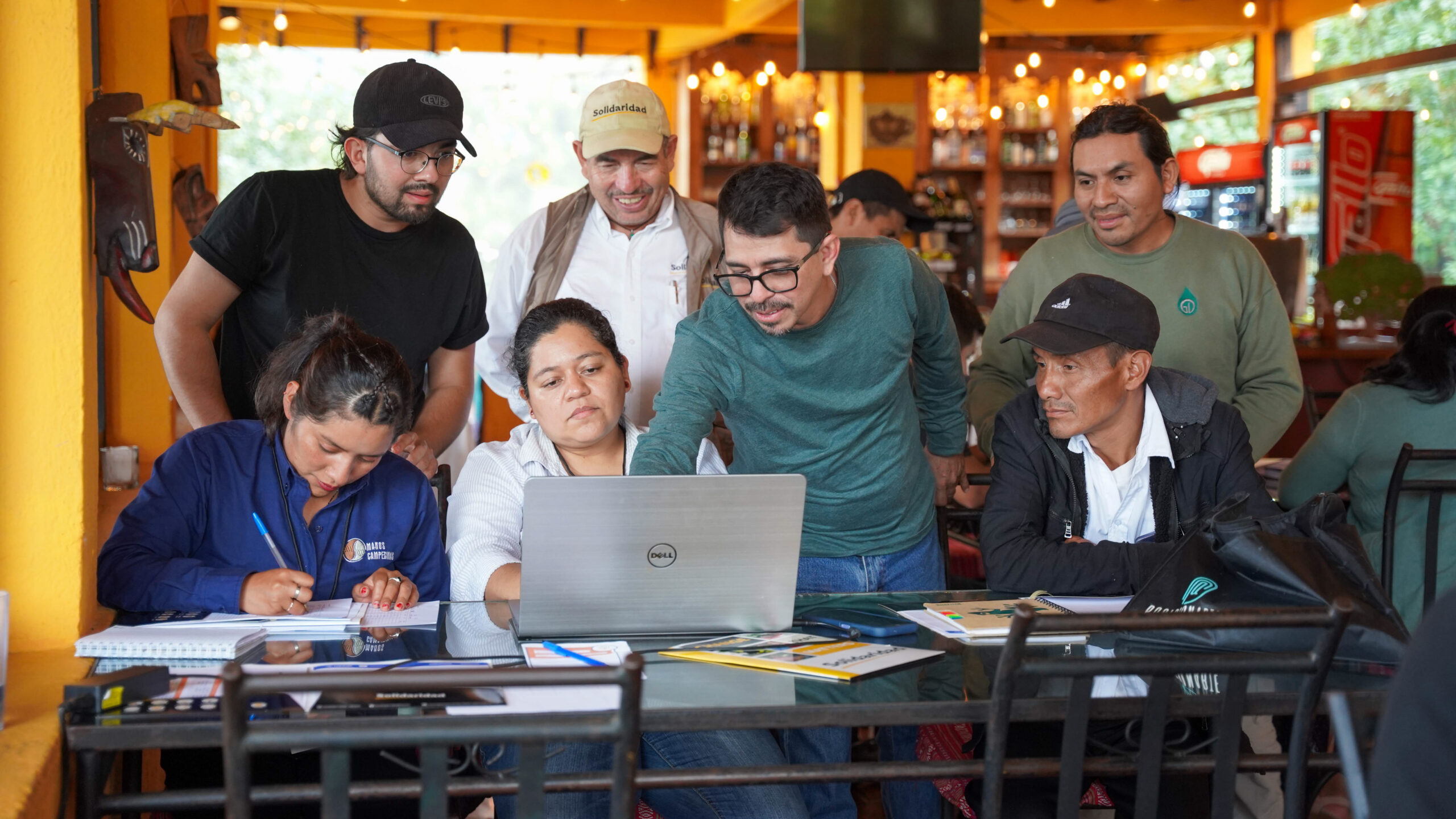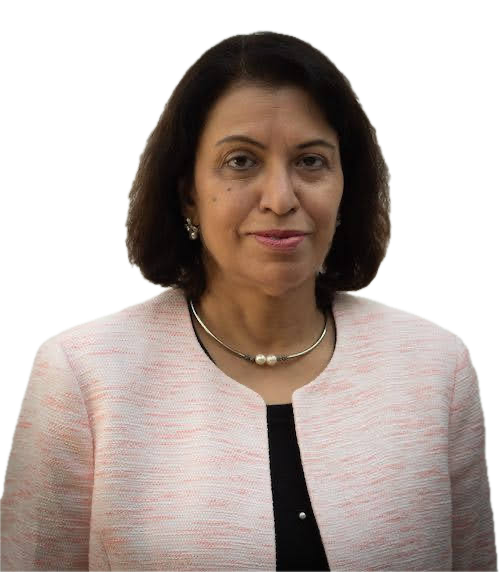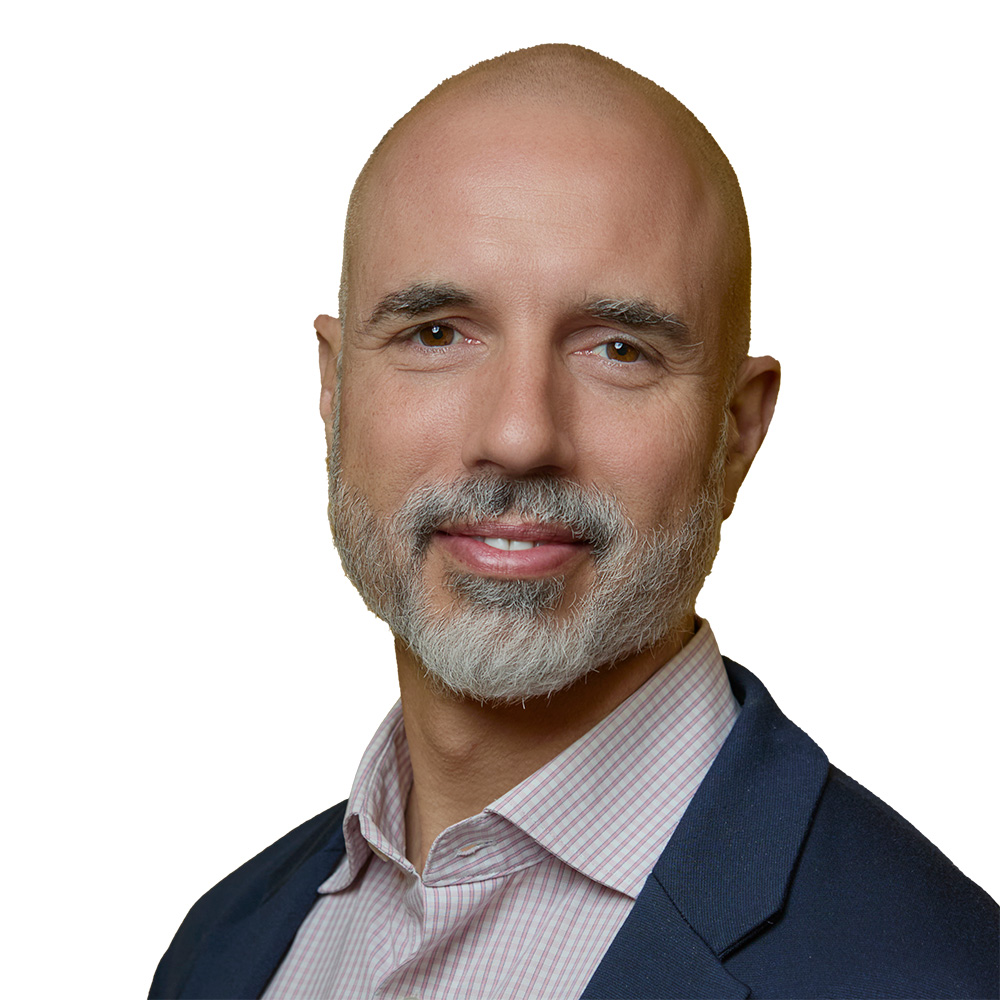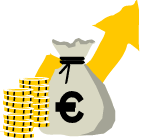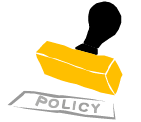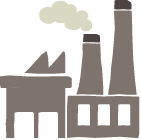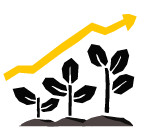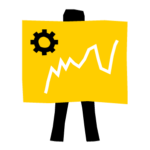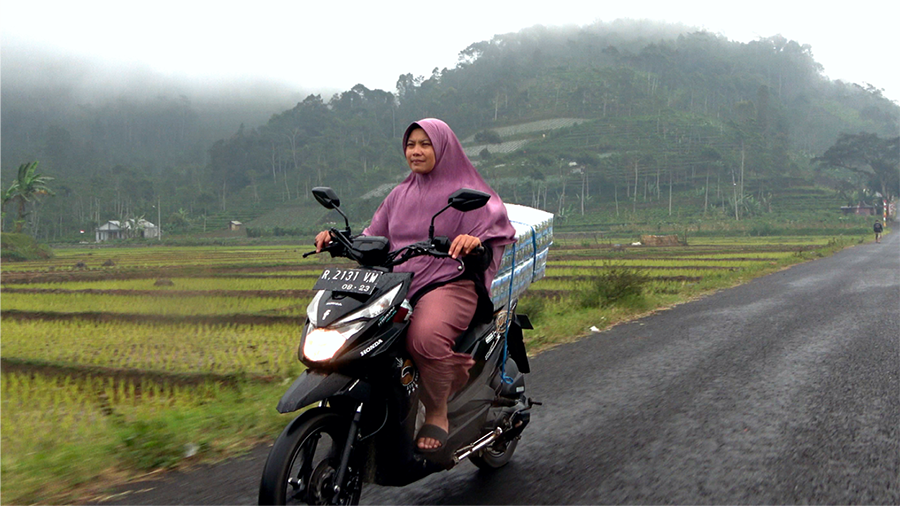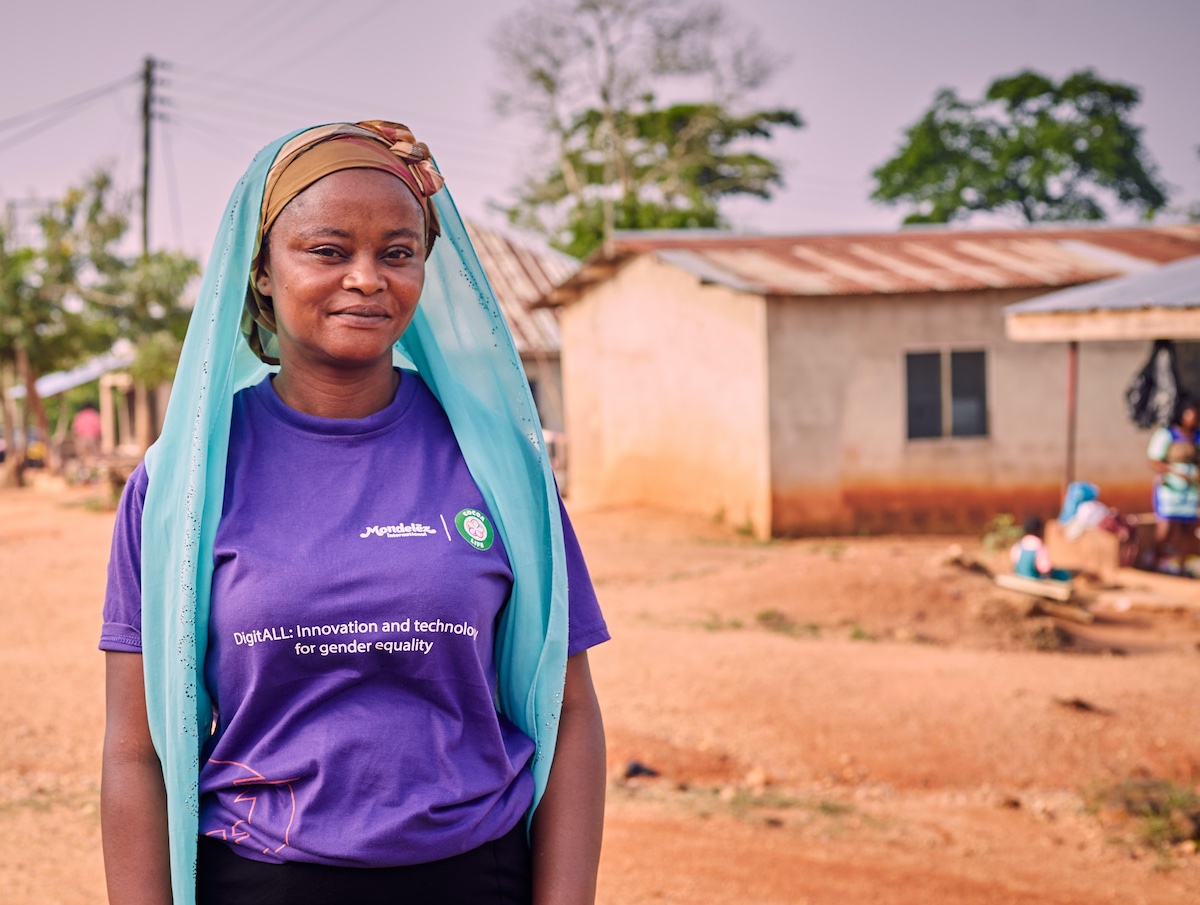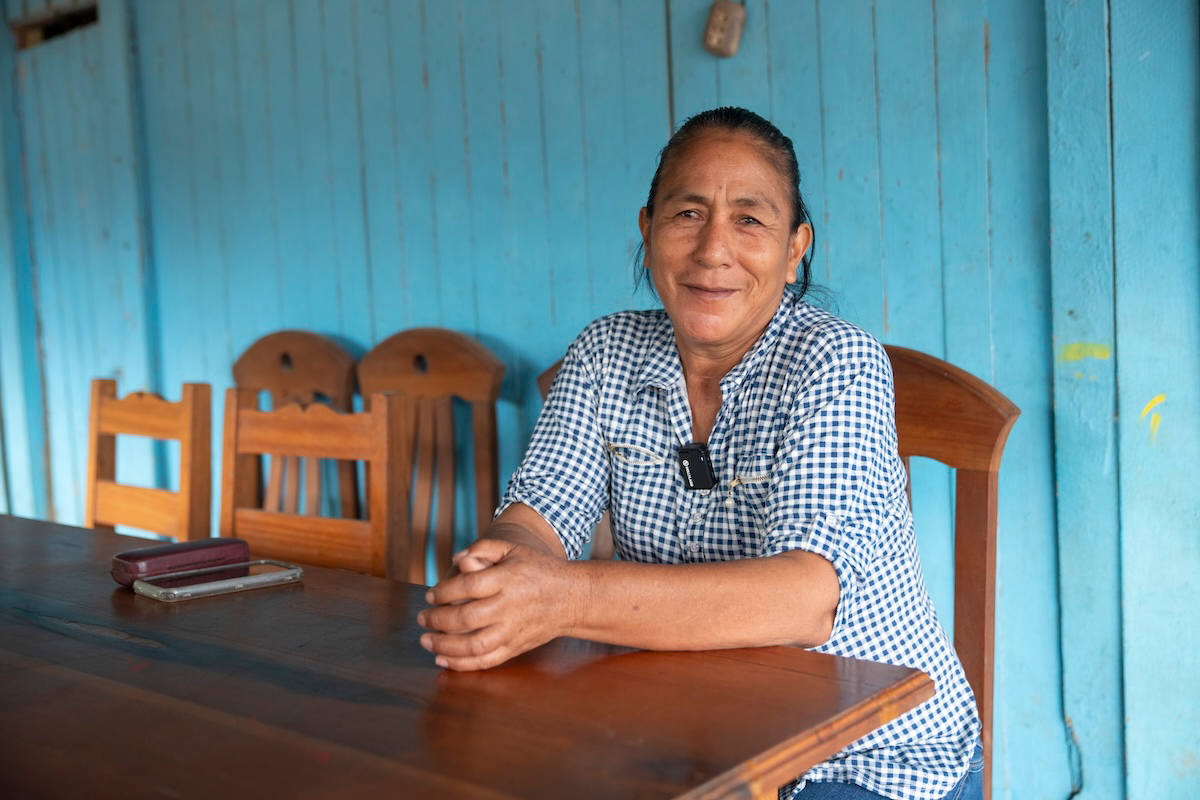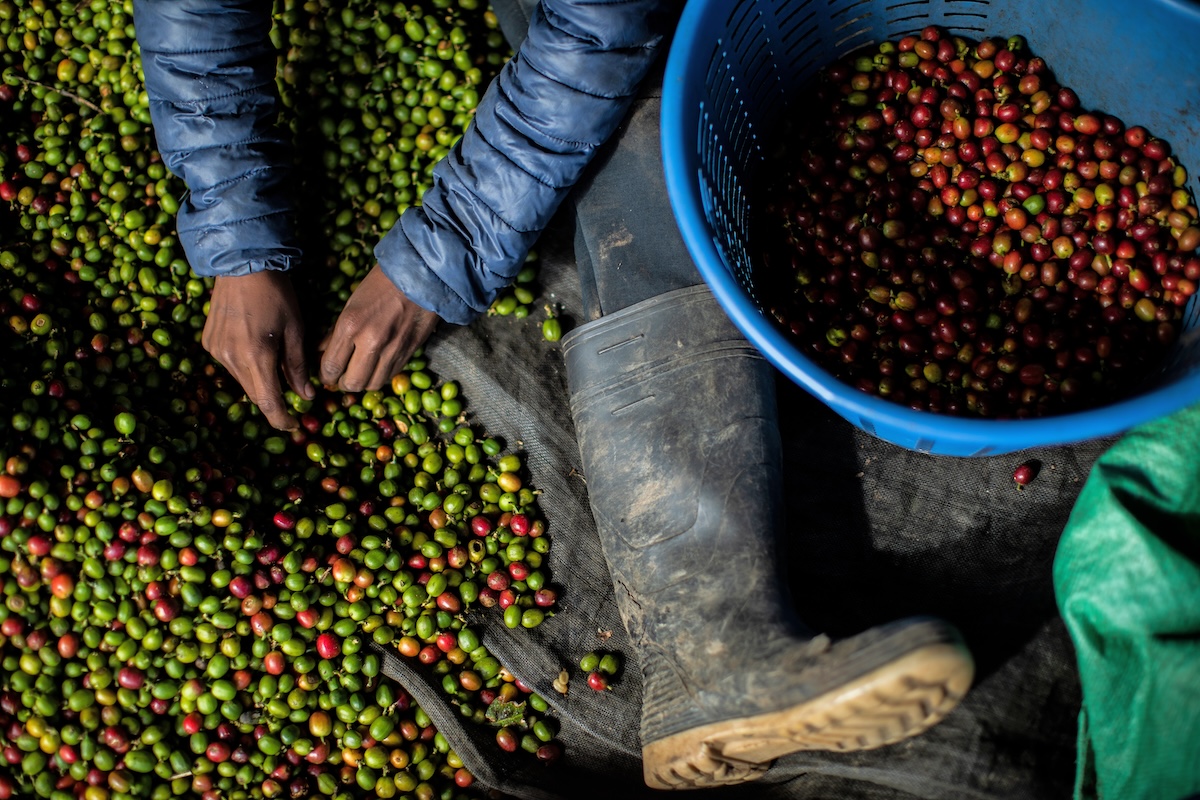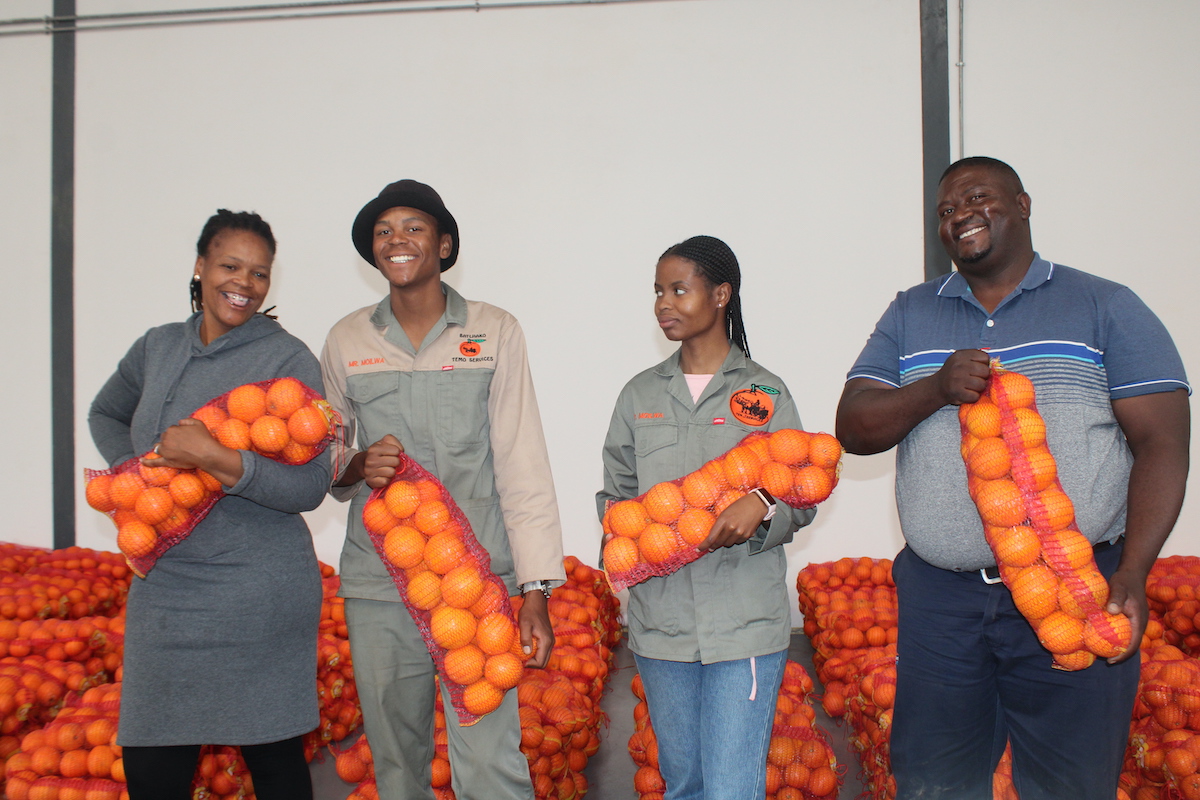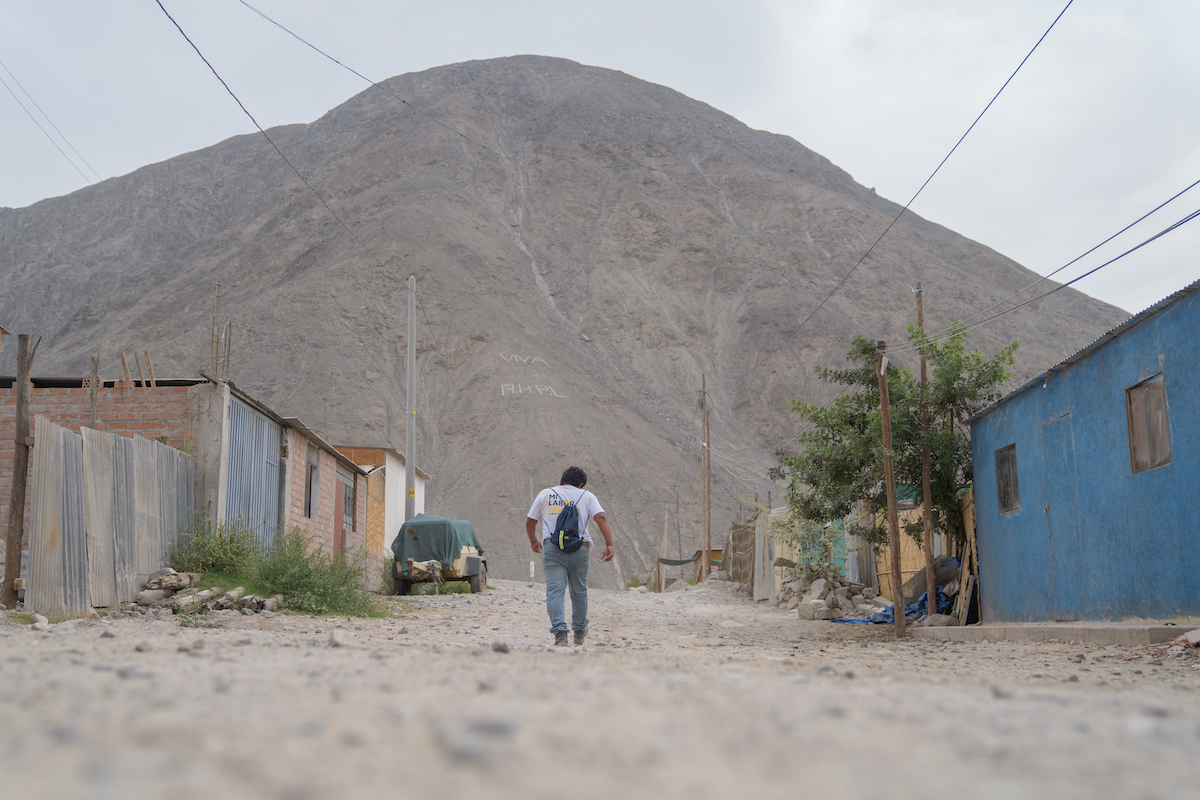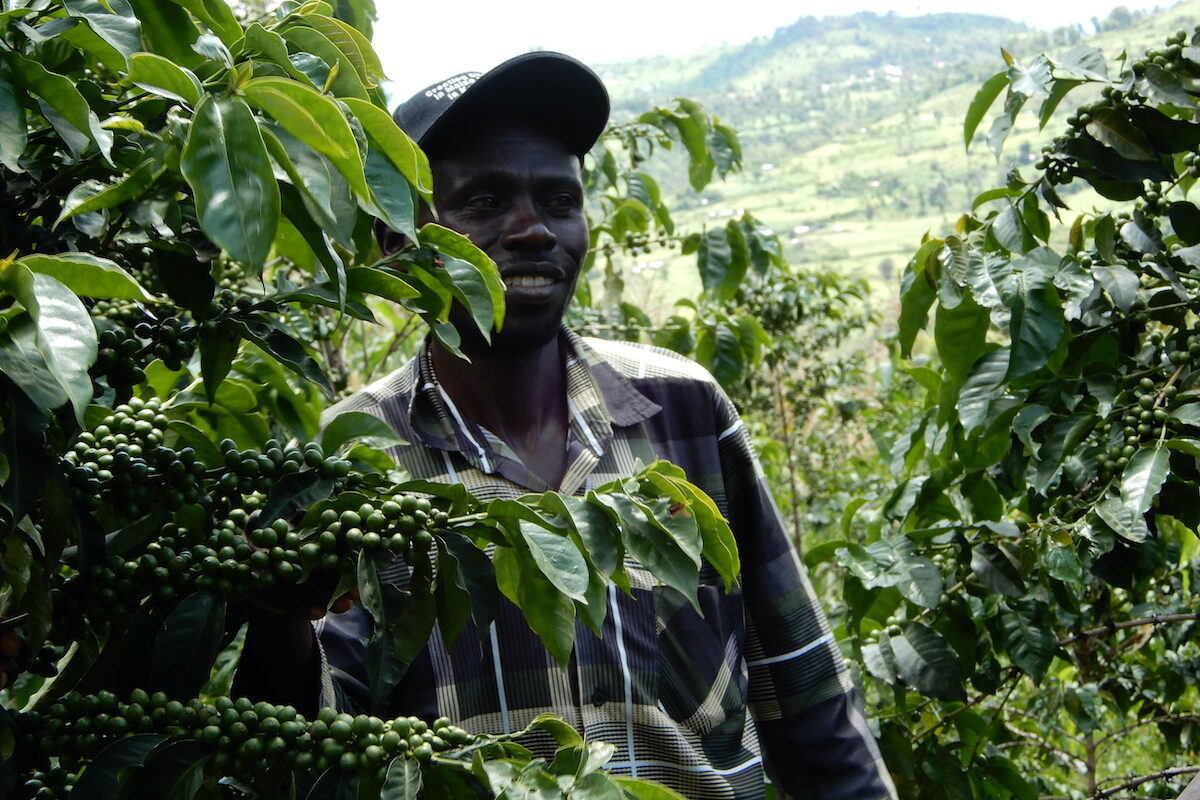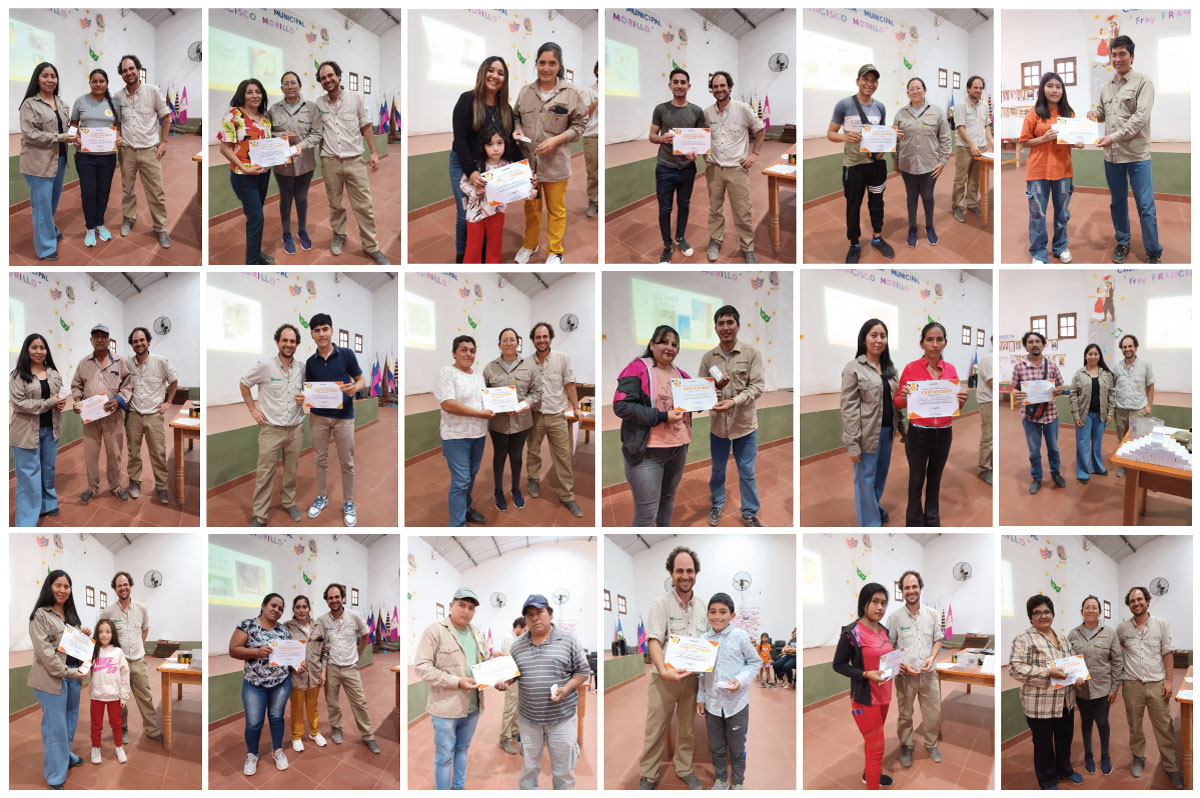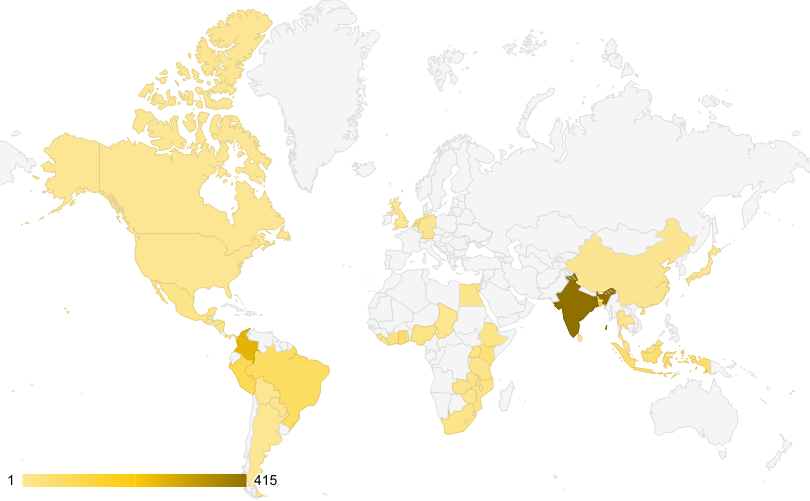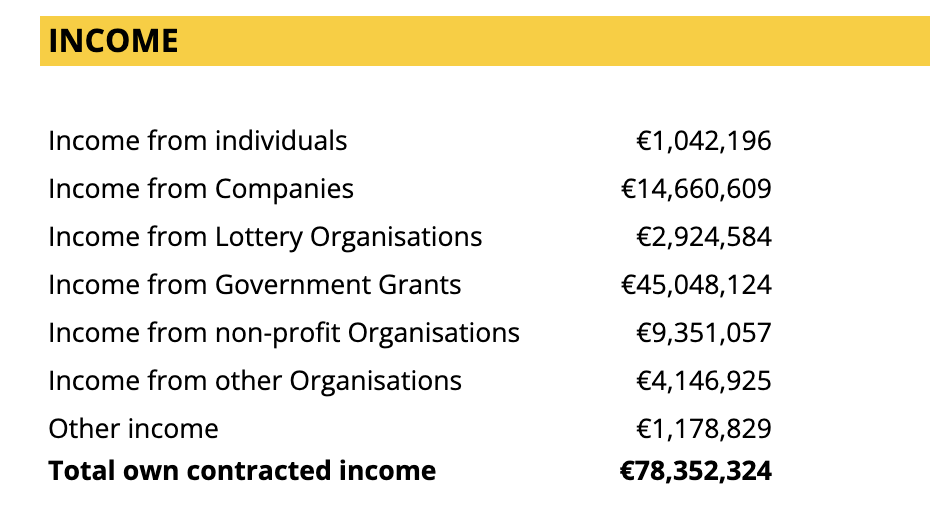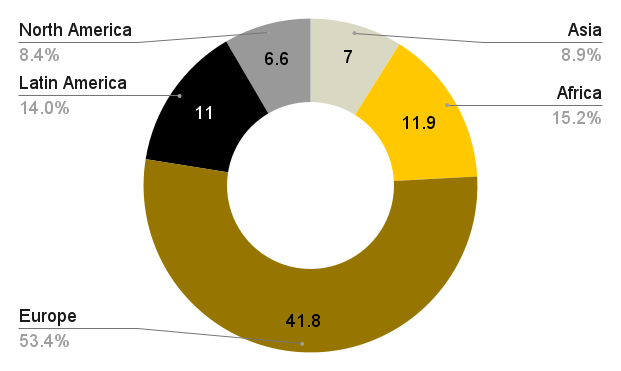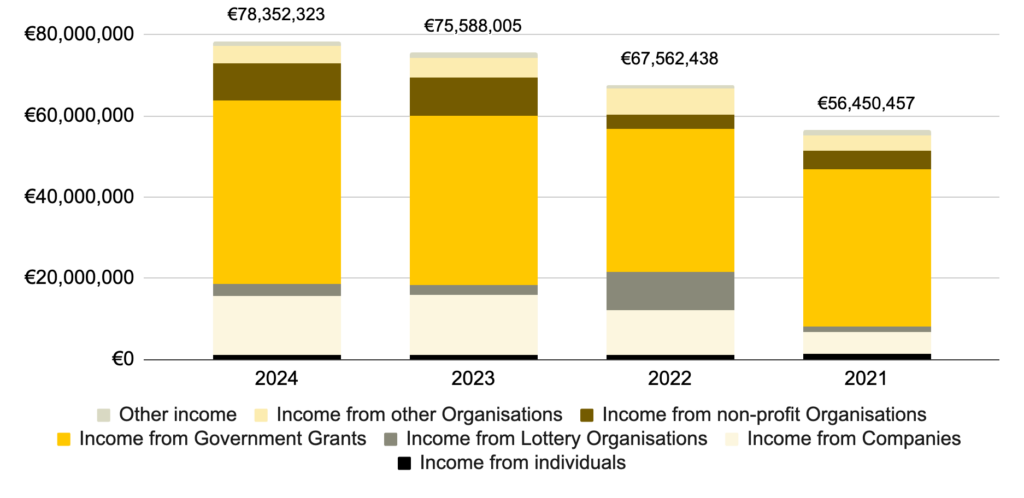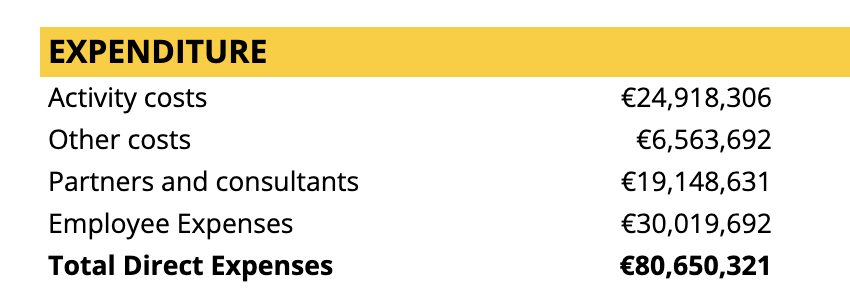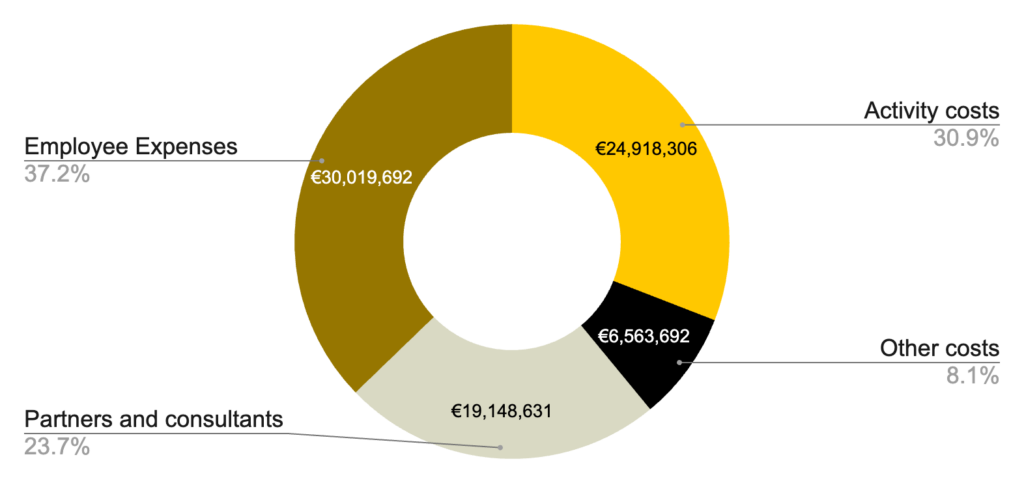REGIONAL HIGHLIGHTS
Solidaridad Asia deepened its mission of driving systemic change by not only improving agricultural and industrial practices, but by building alternatives to the extractive economic models that dominate global systems. Our work reaffirmed the transformative power of regenerative agriculture, localized economies, ethical supply chains, and community-centred ownership.
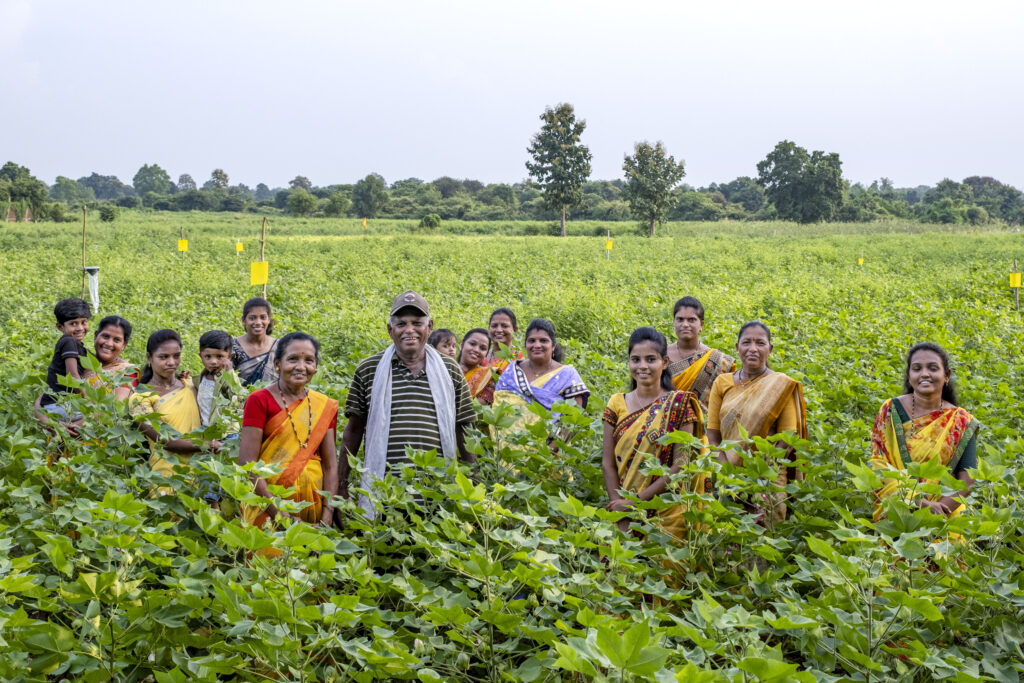
In 2024, we worked with 51 companies in Latin America to test sustainable solutions that improve product traceability, monitoring and technical assistance for their suppliers and producers. By creating spaces where producer organizations, the private sector and public actors can engage in dialogue, we contribute to sector transformation, our ultimate goal, through policies that ensure conditions enable small-scale producers to thrive and steward the lands.
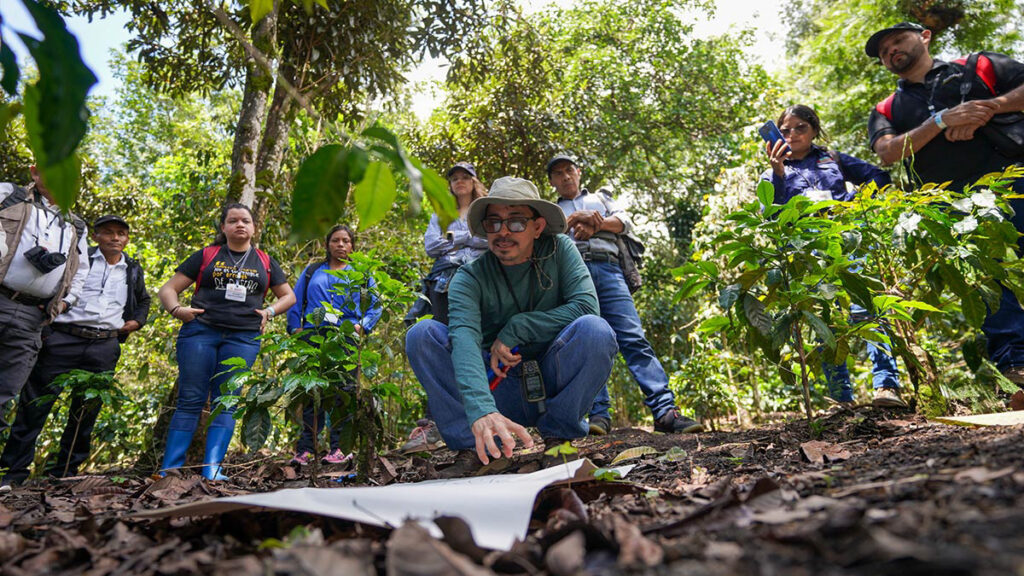
Solidaridad East and Central Africa accelerated transformation across farms, factories, and mines – empowering over 170,000 farmers, workers, and miners with climate-smart practices, inclusive finance, and stronger supply chains. In 2024, we championed regenerative agriculture, carbon markets, gender equity, and waste-to-value innovations, creating tangible results for people and planet. From increased farmer incomes to safer mining and greener industries, our locally-driven solutions are scaling impact across the region. Through bold partnerships and data-driven action, we are proving that sustainable development thrives when communities lead the way.
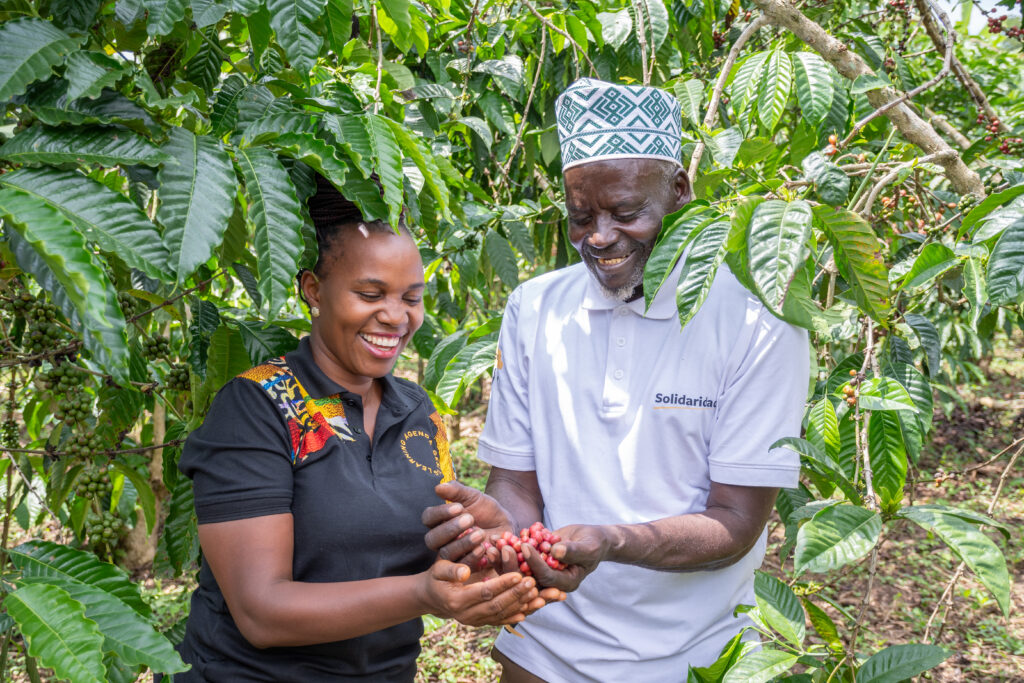
Solidaridad Europe engages with donors and companies, knowledge institutes and civil society organizations to make global supply chains more sustainable. With our offices based in the Netherlands and Germany, we work with various European partners and explore opportunities to create a sustainable and inclusive impact. We continue our work and collaborations with determination despite the increasing rifts and challenges across the world, also with the additional challenge of eroding political support for international development cooperation.
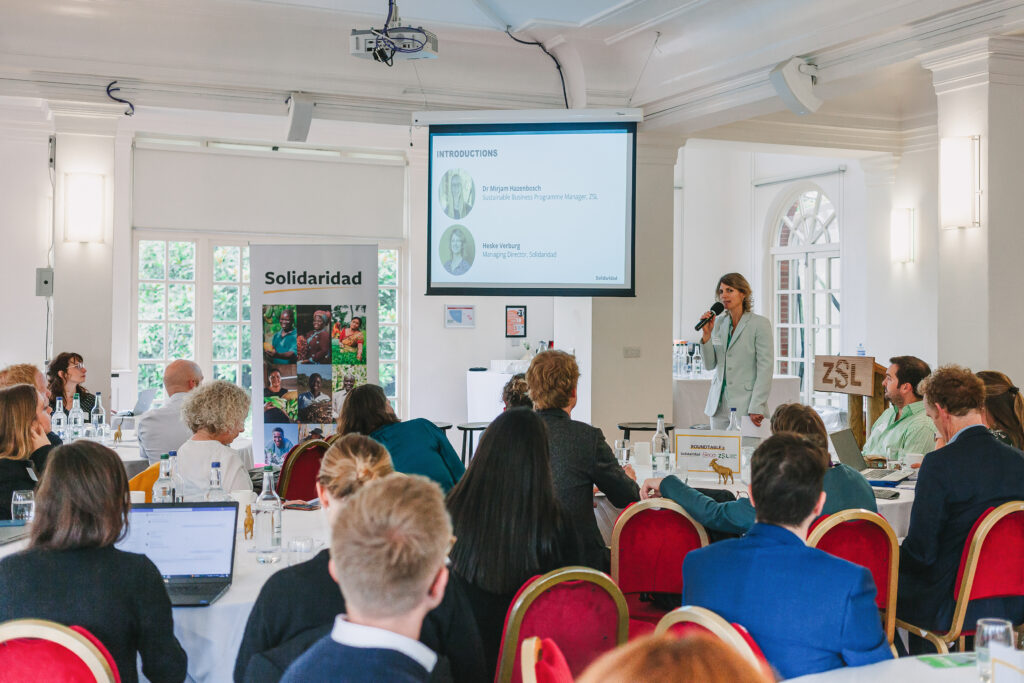
Solidaridad in North America continued to gain traction with high-value donors, the private and public sector, and foundations as we implemented existing programmes and partnerships, and worked to build new ones. Our 5-year consortium partnership, Amazonia Connect, began to realize regional impacts in its second year of implementation. Our global partnership with Cargill benefited from streamlined management and showed positive outcomes with soy and palm oil producers in Latin America, and palm oil smallholders in Malaysia. And our work with the Walmart Foundation, and The Gates Foundation continued to push our sustainability work forward with a focus on sustainable production, digital innovation, and climate solutions.
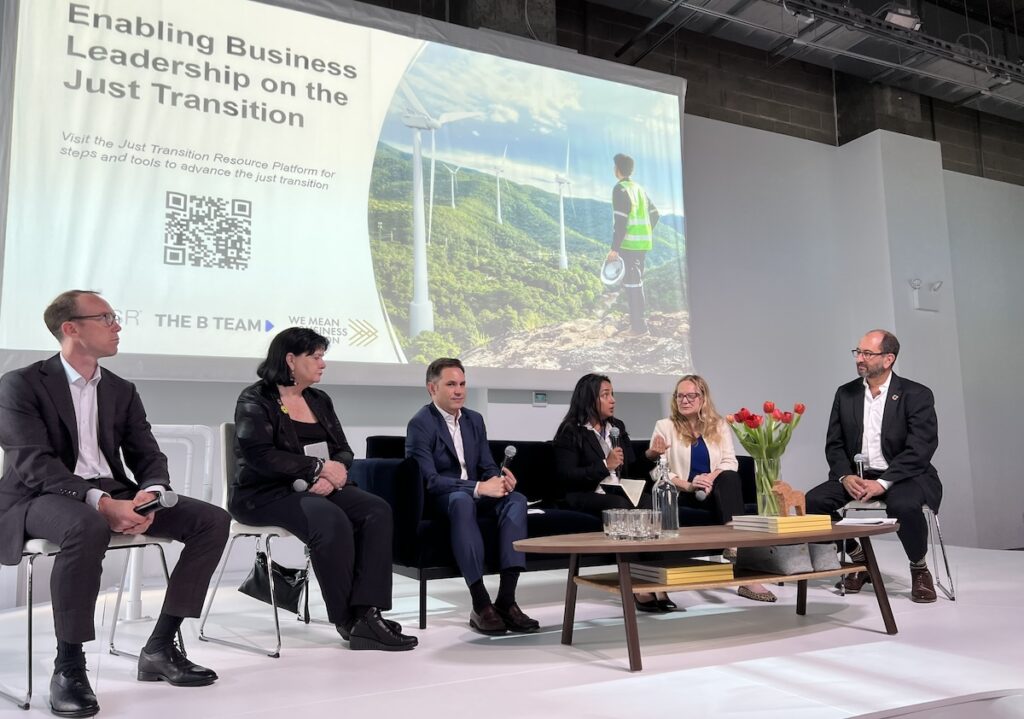
In 2024, Solidaridad Southern Africa advanced inclusive, high-impact initiatives—unlocking 4 million Euro in farmer savings in Malawi, raising tracked cotton yields by 71% in Mozambique, restoring 150,000 hectares of rangeland in Zambia, growing SME revenues in Zimbabwe, and securing key policy support regionally.
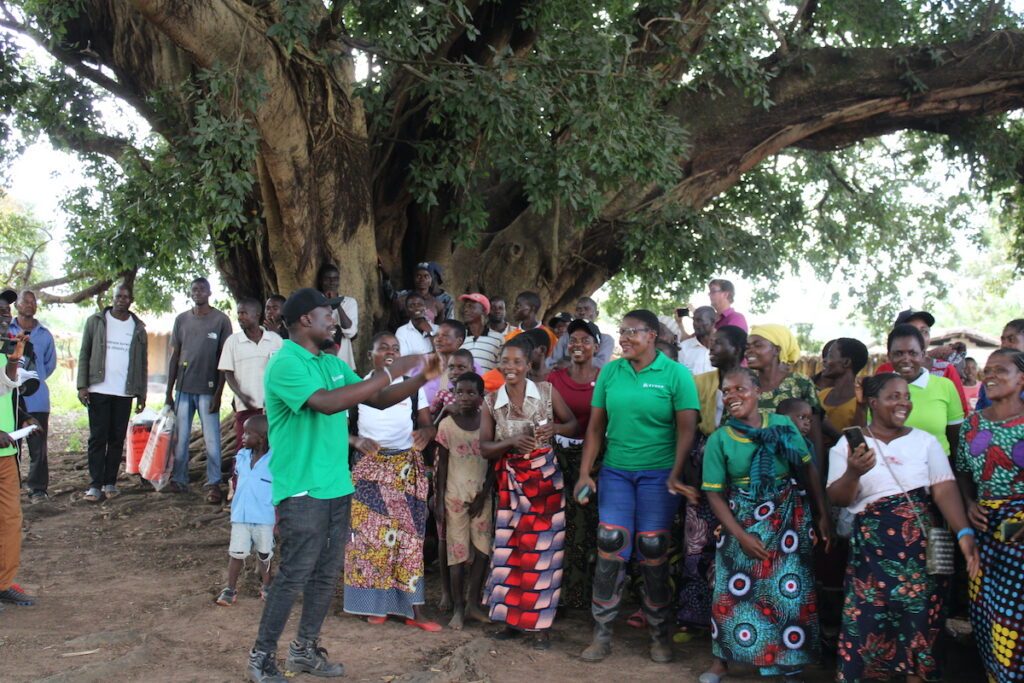
In 2024, Solidaridad West Africa deepened its influence in shaping policies and equipping small-scale farmers with knowledge and skills in sustainable practices. We championed solutions that enhanced market access, fair prices, financial inclusion, and stronger cooperatives to ensure lasting transformation for smallholder farmers, workers, and agribusinesses across the region.
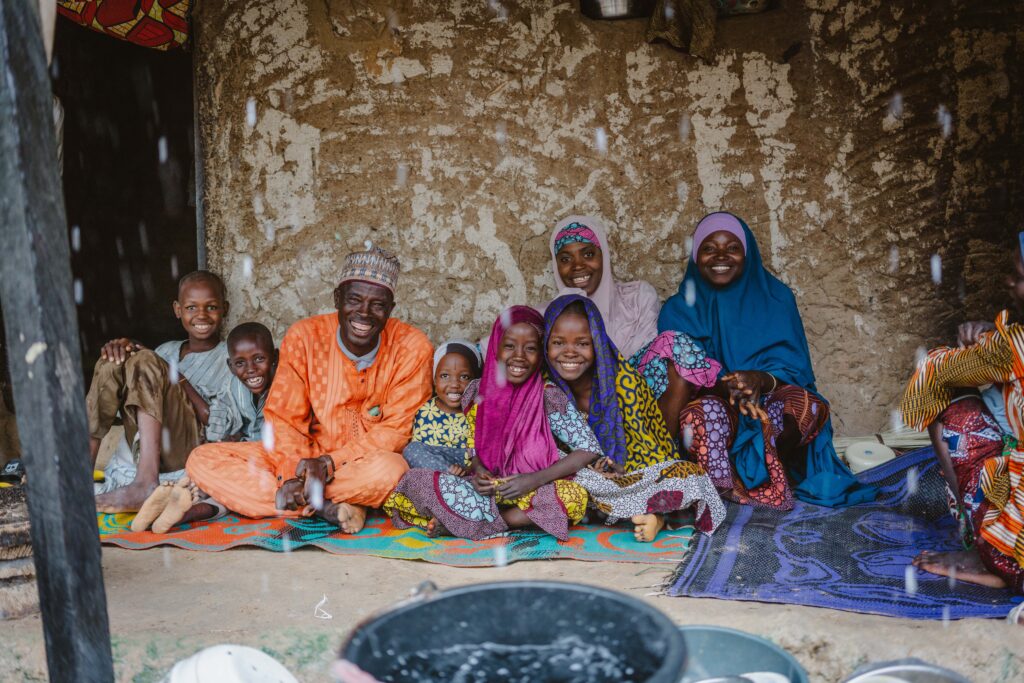
Executive Summary
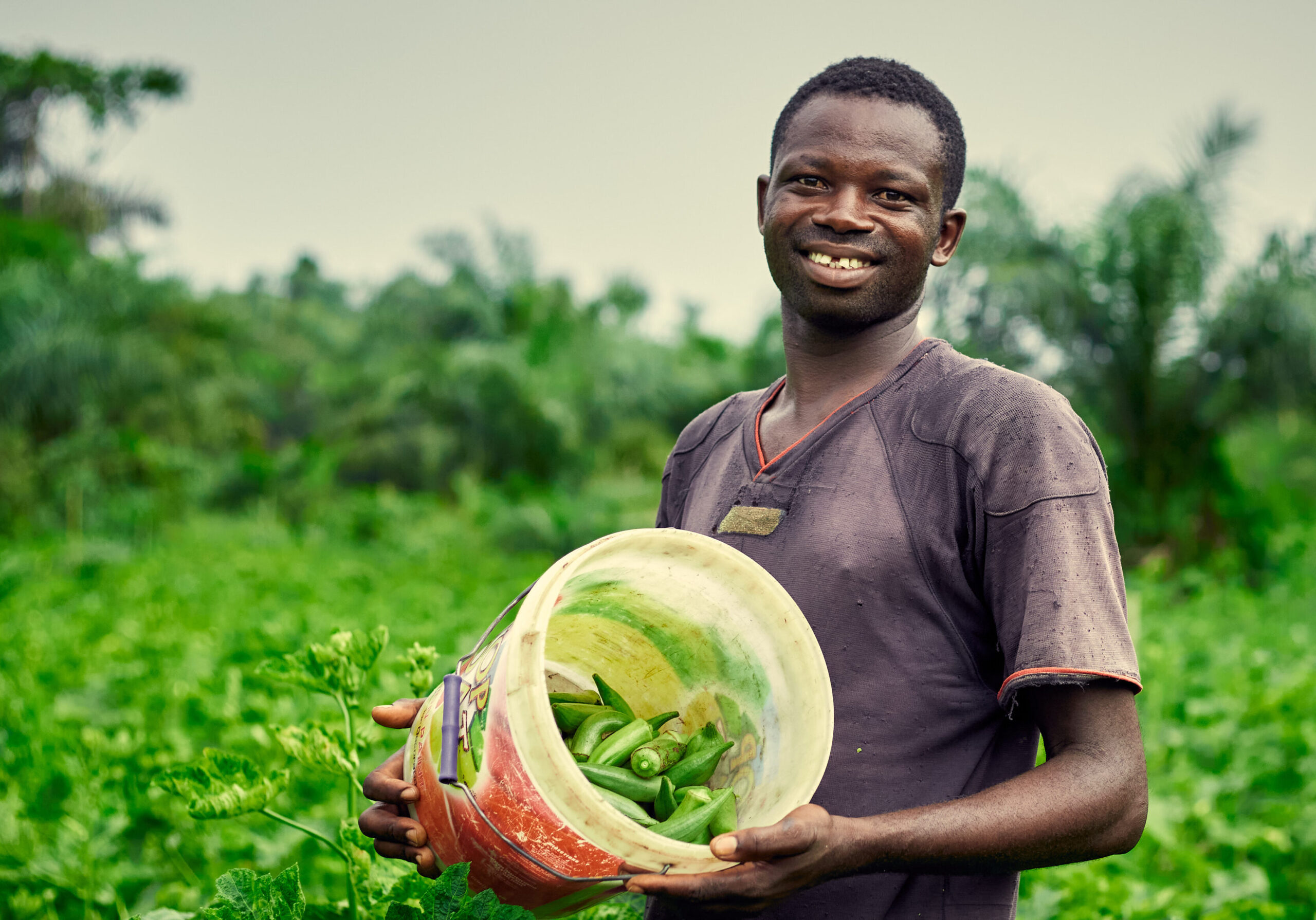
2024 at a glance
Farmers first
xx
Change that Matters Stories
Organization & Governance
Supporting an effective network
The Solidaridad Network is supported by a secretariat in the Netherlands. The secretariat works on synergy and alignment within the network on Human Resources, Learning, Communications, Finance, and Planning, Monitoring, and Evaluation. Next to our shared strategy, the policies and collaboration in these areas bind the network together and make it strong.
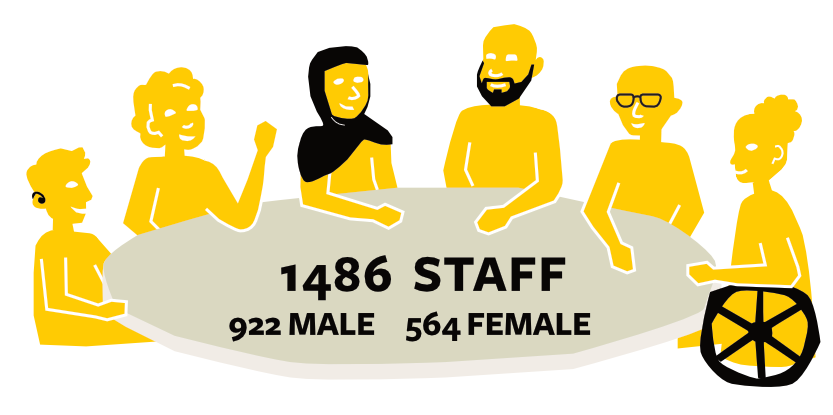
Finance
Continued support for our mission
Solidaridad secured Euro 78.3 million in aggregated income from external sources in 2024, which surpassed the secured budget by Euro 5.7 million and the 2023 income by Euro 2.7 million. This revenue growth is attributed to successful fundraising in support of Solidaridad’s vision to achieve greater impact.
N.B: all figures are pre-auditing.
